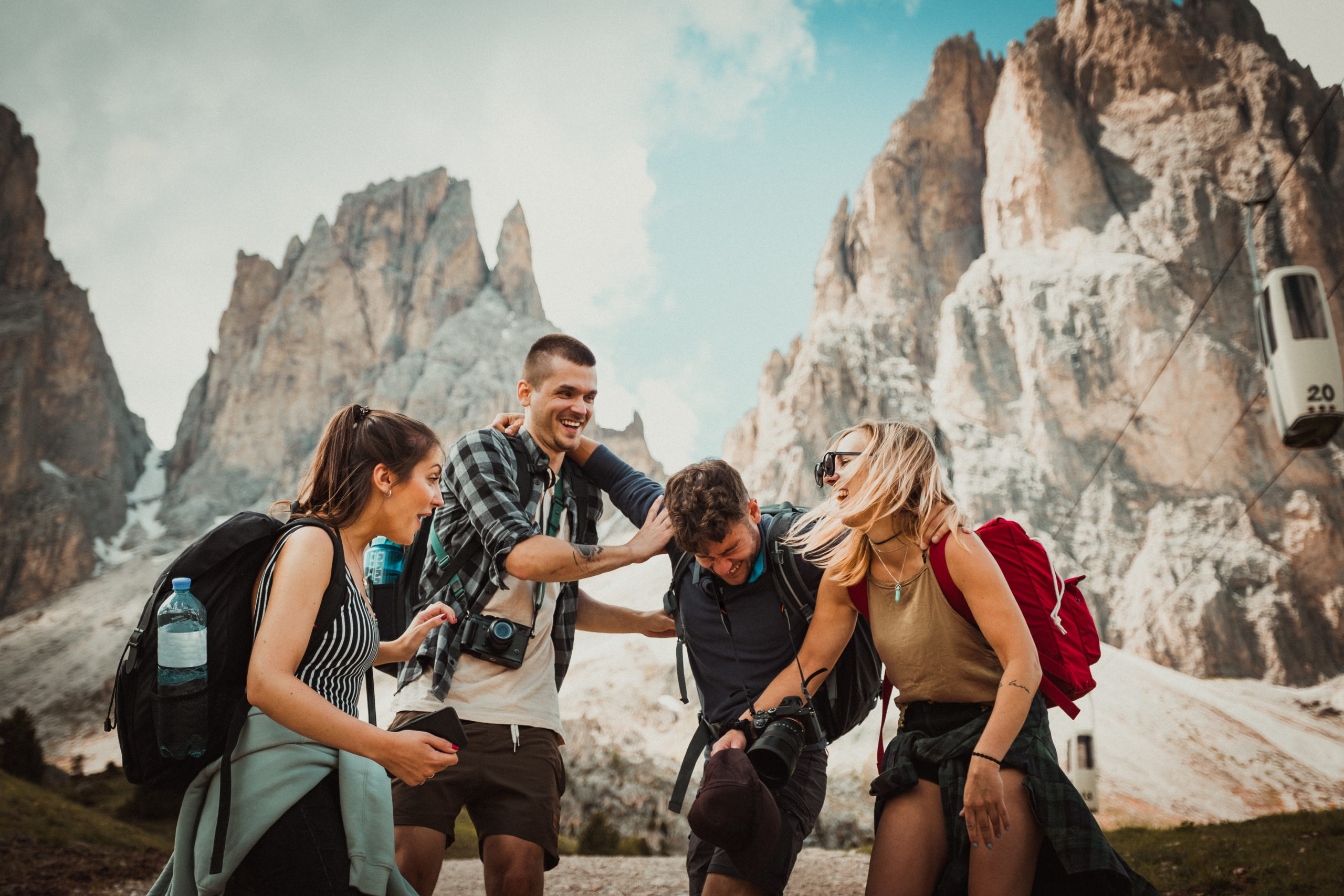Essential Guide To Taking A Gap Year

Taking a gap year is a path many young people decide to take after leaving school. If this idea appeals to you, we have come up with a definitive list to help you in your endeavours.
- Decide where you want to go, what you want to do and how long you would like to be away. Once you know this you can start planning the trip.
- Consider what you want to do when you get back – you might need to plan this in advance before you leave. You don’t want to come back to nothing. Put some money aside in a separate account to use when you return home.
- Apply for all the visas, work permits and vaccinations you might need well in advance – the sooner you get these the better. You don’t want to be denied access to a country because you didn’t get your visa in time!
- Start saving as soon as possible. Take an extra job or work overtime if necessary – anything to build up your travel fund. You’ll be glad you did when you’re skydiving over New Zealand or relaxing on a beach in Thailand!
- Check the travel requirements for the country or countries you’re travelling to well in advance. It may take up to 6 months to get some travel and working visas and also to complete a course of vaccinations for some countries
- Plan your trip well – get the right travel vaccines for the countries you’re going to before you go and know what necessities to bring with you and what luxuries to leave at home.
- Research the places you are going to – read up on any dangerous spots or any laws particular to that country so that you won’t unwittingly break the law when you’re there.
- Travel Insurance is a MUST! Don’t skimp on this! It will help you both practically and financially. Though the travel insurance policies can be difficult to understand, make sure you read them thoroughly and know exactly what it offers you before you take it out. Your life could – quite simply – be in the hands of your travel insurance, so make sure it is a good one. It should cover both health insurance and accident or injury that could happen on your travels, theft of your belongings and you should take out additional cover for anything extreme that you might do on your travels (such as skiing or skydiving).
- Make copies of your travel documents, passport, itinerary and other important documents and leave a copy at home with a relative or close friend. Also keep a copy with you separate to the originals. It is also a good idea to email yourself a scanned copy of your passport and travel documents so that if you lose them it will be easier for you to get replacements.
- Keep in contact with people back home and give updates of your travel arrangements so that people know where you are.
- Stick to your budget – it is easy to start overspending at the start but you don’t want to run out of cash before your trip ends as it will mean you won’t get to do everything you planned for!

Leave a comment